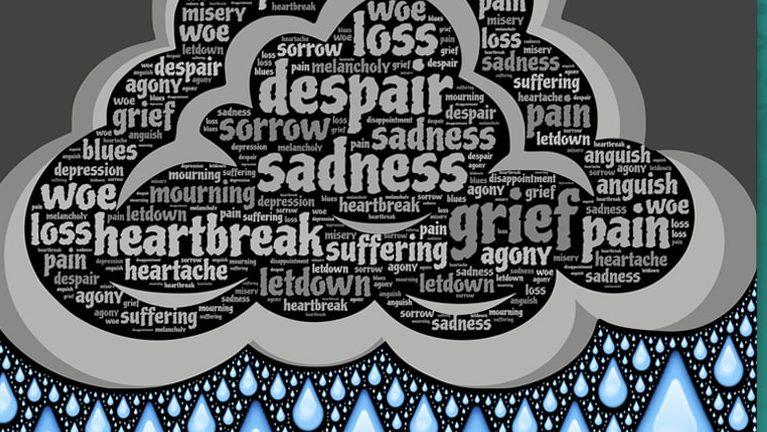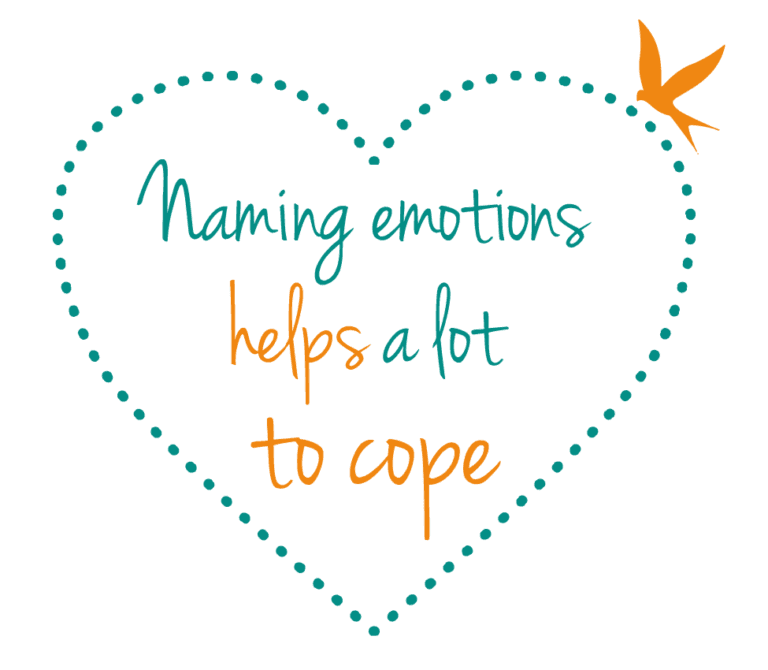
Grief strikes every human being at some point in time. Me. You. Everyone. It is a natural occurrence for anyone who has had the courage to love.
Grief was my welcome into 2017. Being human sucks (sometimes). Of course the natural response is to want to get out of it, undo it or forget about it. I mean, really, wouldn’t you? But fact is there is no way you can will or rationalize yourself out of grief. You just have to feel it.
Grief is one of those emotions that I found a bit hard to identify and grasp. In fact, when I went through a divorce a decade ago, I was not able to identify my suffering as grief at first. All I felt was this potpourri of swiftly shifting emotions: intensity, anger, resentment, hurt, frustration, sadness, pain, shock, numbness, disbelief. All those coupled with hope, faith and trust. It was a jo-jo effect of emotions in an out of negativity, in and out of positivity. The negativity won, at least at first. It all felt so complex, dark, sad and sorrowful.
Grief made more sense to me once I learned about the 5 stages of grief. It helped me to identify and be with them more easily. It also gave me the permission to feel the emotions that were present instead of trying to deny, avoid or rationalize them.
In the book “On grief & grieving” Elizabeth Kuebler Ross and David Kessler outline the 5 stages of the grieving process:
This is the first stage of grief in which we pretend the loss has not happened. We pretend the loved one (or the situation we loved so much) is still there. It is a state of shock and disbelief. It can’t possibly be true. Denial brings with it a sense of numbness and disinterest in life. What is there beyond this point? Denial is nature’s way of letting in only as much as we can handle at that moment in time. The feeling will wear off with time so that the healing process can begin.
Intensity of anger moves in when denial starts to wear off. It is a way of dealing and taking back control. Sometimes anger is also an anchor. At least you are feeling something instead of nothing. Anger gives you the opportunity to blame (although that is of course not fair or wise) but at least it creates a bridge between you and the world.
Anger is the one emotion I want to avoid the most. It seems inappropriate to feel it. Why would I be so mad if a loved one disappeared? Sure, I may feel abandoned and lonely. But why would I be angry. It is not their fault. Everyone and everything needs to die at some point? People are destined to die. So are relationships. Change is inevitable, after all “the only constant is change”. It is only my attachment that makes me hurt. So why be mad?
Rationalizing myself out of the anger phase, however, has never worked. Anger is such a strong emotion there is no way of alluding it. Best way, the only way really, is to feel it, and be with it until it passes and accept it without judgement. It is a necessary step in the healing process. Skillfully expressing your anger without lashing out or blaming someone else is your job in this stage.

In this stage we are trying to amend reality. We will promise anything (to God or ourselves) to keep the old, the trusted, the loved. Sort of along the lines: “Dear God, if only you could keep my partner with me, I will never be mad at him or her again”. Various ‘What if’ scenarios also arise. If I can’t have this level of relationship, maybe I can bargain for that. Or if I had only done this or said that, maybe it would not have happened and he/she would still be alive.
Bargaining gives me a sense of control and temporary sense of relief. Yet deep inside I know I have no bargaining power. Instead more powerful and reliable allies are trust and faith. The knowing that God has a plan and by default it must be a good one. And this can be cultivated.
Yet another agonizing phase in the healing process. It is natural to be depressed and certainly no cause for concern. Depression is part of the natural progression towards acceptance and like any of the other emotions needs to be felt. I know, I know, depression sucks. I have felt it many times. Such a deep level of senselessness sets in. Why go on alone anyway? Why all this pain all this suffering? Can’t I snap out of it already. Depression is often accompanied by listlessness and disinterest in any part of life. Please know that it is a normal part of grief and that too shall pass.

Acceptance is the stage where you are no longer arguing the loss, trying to bargain with it or wanting to change it. Another word for acceptance is surrender. In the Yoga Sutras the first thing Patanjali (that’s a person) teaches us the express way to happiness: Surrender. The thing is that most of us can’t just jump to letting go so Patanjali goes on to give us all kinds of yogic techniques to get us to that place.
My friends often ‘accuse me’ of going to this stage too quickly. “How can you possibly be so accepting and understanding”? What can I say, empathy and understanding is one of my major strengths but trust me, I do snap in and out of acceptance as well. Yet, I do find that the more I practice those yogic techniques that I create peace much more quickly and efficiently than I used to.
“You will not ‘get over’ the loss of a loved one; you will learn to live with it. You will heal and you will rebuild yourself around the loss you have suffered. You will be whole again but you will never be the same. Nor should you be the same, nor would you want to.” Elizabeth Kuebler Ross MD & David Kessler say in “On Grief & Grieving”:
When I first learned about these different feelings of grief, I thought they were showing up in stages, one after the other. After all they are called “The stages of grieving”. But then I noticed that they showed up at random times, in random order, and that my job in the process was to simply be present, name and feel them.

Naming emotions helps a lot to cope. Naming it brings awareness to the very thing that is present. As soon as there is awareness the quality and experience changes and shifts into more ease. This is a both a fundamental Buddhist teaching as well as an observation from quantum physics (see the movie “What the bleep do we know 2”).
Naming requires that you are courageous about being present with your body, your feelings, your emotions, your thoughts. The more you know yourself and the more comfortable you are with your body the easier this becomes. Spending time making friends with yourself, developing self worth, self love and deep caring for your being helps tons. We all can step it up a notch. I can help you do that.
Personally, I don’t know what I would do if I didn’t have all the body practices and support in place that I do. Negative emotions have this affinity to lodge in the body and, I don’t know about you, but that is a major no-no no for me. I am all about feeling clean and clear and I know we have a part in creating that for ourselves.
Get the wisdom on how to heal heartbreak & grief skillfully.